Browse all events for April 29.
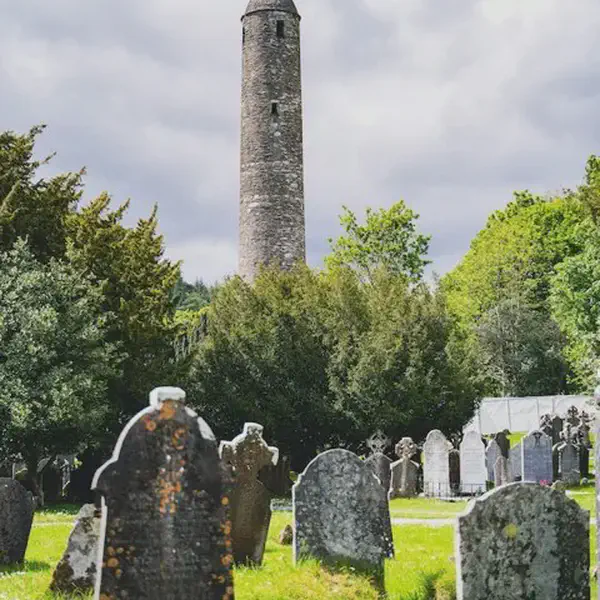
Pearse and Connolly agree to ceasefire after being forced out of the Dublin GPO by artillery fire
The Easter Rising (Irish: Éirí Amach na Cásca) was a rebellion staged in Ireland against British rule on Easter Monday, April 24, 1916. Despite its military failure, it can be judged as being a significant stepping-stone in the eventual creation of the Irish Republic.

Conal O'Riordan, writer and theatre manager, is born in Dublin
Conal Holmes O’Connell O’Riordan, who also wrote under the pseudonym Norreys Connell, was an Irish dramatist and novelist born on April 29, 1874, and passed away on June 18, 1948. His work in literature and drama made a significant contribution to the Irish cultural scene during the late 19th and early 20th centuries.
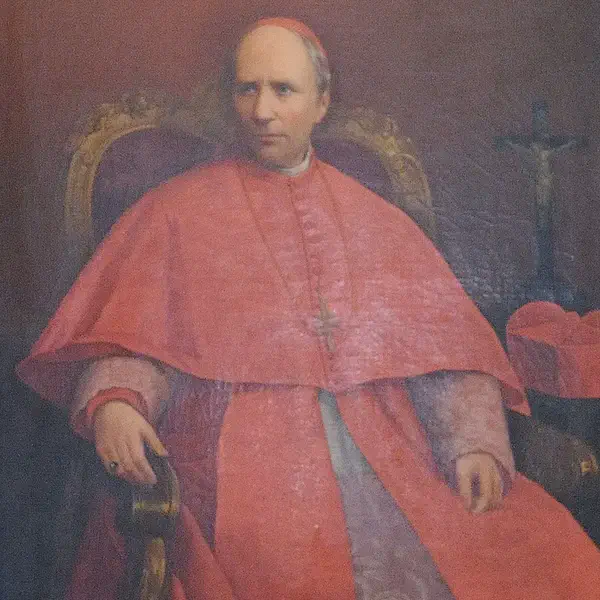
Paul Cullen, prelate, is born in Prospect, Co. Kildare
Paul Cardinal Cullen (29 April 1803 – 24 October 1878) was Roman Catholic Archbishop of Dublin and previously of Armagh, and the first Irish cardinal.
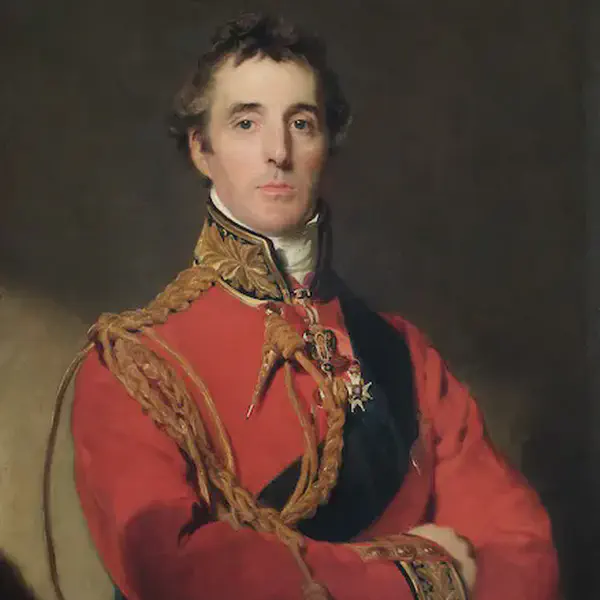
Arthur Wellesley, Duke of Wellington, soldier and statesman, is born in Dublin
Field Marshal Arthur Wellesley, 1st Duke of Wellington, KG, GCB, GCH, PC, FRS (né Wesley; 1 May 1769 – 14 September 1852) was an Anglo-Irish statesman, soldier, and Tory politician who was one of the leading military and political figures of 19th-century Britain, serving twice as prime minister of the United Kingdom. He is among the commanders who won and ended the Napoleonic Wars when the Seventh Coalition defeated Napoleon at the Battle of Waterloo in 1815.
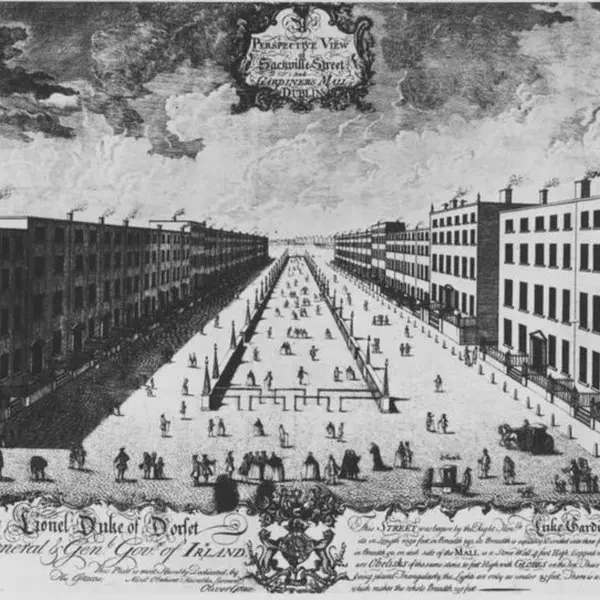
Wide Streets Commission for Dublin is appointed by the Irish Parliament
The Wide Streets Commission (officially the Commissioners for making Wide and Convenient Ways, Streets and Passages) was established by an Act of Parliament in 1758, at the request of Dublin Corporation, as a body to govern standards on the layout of streets, bridges, buildings and other architectural considerations in Dublin. The commission was abolished by the Dublin Improvement Act of 1849, with the final meeting of the Commission taking place on 2 January 1851.

The first stone of the Royal Hospital, Kilmainham is laid by the Duke of Ormonde
The Royal Hospital Kilmainham (Irish: Ospidéal Ríochta Chill Mhaighneann) in Kilmainham, Dublin, is a former 17th-century hospital at Kilmainham in Ireland. The structure now houses the Irish Museum of Modern Art.
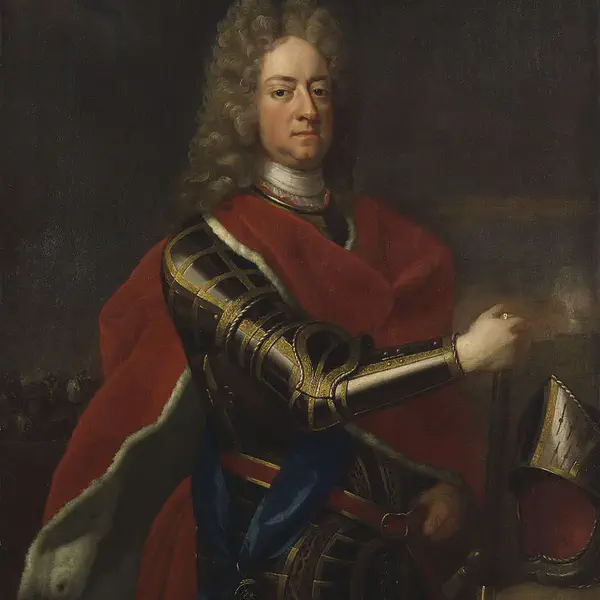
James Butler, 2nd Duke of Ormonde and an ancestor of Princess Diana, born
James FitzJames Butler, 2nd Duke of Ormonde, KG (1665–1745) was an Irish statesman and soldier. He was the third of the Kilcash branch of the family to inherit the earldom of Ormond. Like his grandfather, the 1st Duke, he was raised as a Protestant, unlike his extended family who held to Roman Catholicism. He served in the campaign to put down the Monmouth Rebellion, in the Williamite War in Ireland, in the Nine Years’ War and in the War of the Spanish Succession but was accused of treason and went into exile after the Jacobite rising of 1715.
